Thursday, 30 September 2021 – Morning session
All times are CEST
Final plenary: Design, Innovation, Sustainability and the Urban dimension
Morning session: Design, Technical Action and Sustainability
On site: Aula Magna Rettorato, Ed.1, Politecnico di Milano, Piazza Leonardo da Vinci 32, Milano
Online: Speakers meeting link: https://bit.ly/36uVRwF | Meeting attendants: Facebook live at https://www.facebook.com/designscapesproject/
- 09:00-09:15 Welcome
Massimo Bricocoli, Director of DAStU, Politecnico di Milano
Simone Gheri, Director of ANCI Toscana - 09:15-09:30 Opening
Giorgio Costantino, European Commission, Designscapes Project Officer
Francesco Molinari, Designscapes Project Manager - 09:30-09:45 Towards Climate Neutral Smart Cities
Laura Hetel, European Commission, DG RTD - 09:45-10:00 Introduction to the session
Grazia Concilio, Venue Host, DAStU Politecnico di Milano - 10:00-10:45 Keynote speech
Andrew Feenberg – Canada Research Chair in Philosophy of Technology, School of Communication, Simon Fraser University –
Author of Technosystem: The Social Life of Reason (Harvard, 2017)
www.YouTube.com/c/andrewfeenberg123/playlists - 10:45-11:00 Q&A
- 11:00-12:00 Panel discussion
moderated by Dino Borri, Politecnico di Bari
Andrea Bonaccorsi, University of Pisa
David Crombie, HKU – University of the Arts Utrecht - 12:00-12:15 Q&A
- 12:15-13:00 Concluding dialogue
Dino Borri, Politecnico di Bari
Andrew Feenberg, School of Communication/Simon Fraser University - 13:00-14:15 Break
Our speakers
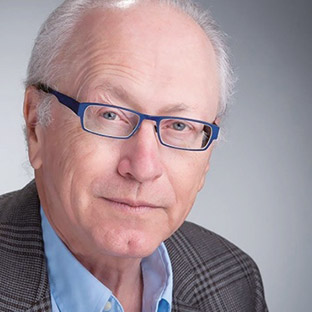
Andrew Feenberg is Canada Research Chair in Philosophy of Technology in the School of Communication, Simon Fraser University, where he directs the Applied Communication and Technology Lab. He has also taught for many years in the Philosophy Department at San Diego State University, and at Duke University, the State University of New York at Buffalo, the Universities of California, San Diego and Irvine, the Sorbonne, the University of Paris-Dauphine, the Ecole des Hautes Etudes en Sciences Sociales, and the University of Tokyo and the University of Brasilia. Dr. Feenberg is Directeur de Programme at the College Internationale de Philosophie for the period 2013-2019.
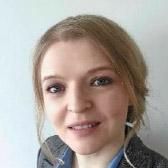
Laura Hetel is Policy Officer at the European Commission, DG Research & Innovation, Unit C2 Future urban and mobility systems. Recently she has been working on the setup of the mission on Climate Neutral and Smart Cities under Horizon Europe. She also dealt with the socio-economic impact of technologies and was steering the international cooperation activities in the area of urban and mobility systems. In her previous roles in the Commission, she worked on issues pertaining to governance, migration and culture. Laura holds a B.A. in political science and economics and a PhD on the interplay between consumerism and national identity from the Ohio State University, USA.
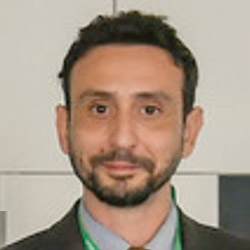
Giorgio Costantino is Project Adviser at the European Research Executive Agency (REA). With a background in Political Sciences and Economics, a strong interest in innovation and local development, Giorgio has worked in EU research since 2005. At REA Giorgio manages a portfolio of multidisciplinary actions dealing with socio-economic research, cultural heritage and digital transformation of public services.
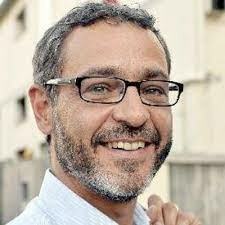
Simone Gheri is the Director of the Association of the Tuscan Municipalities, ANCI Toscana.After his degree in Political Sciences at the University of Florence in 1993, he has been active at political level as vice-mayor in charge of economic development and urban planning of the City of Scandicci for two mandates and from 2004 to 2014 he has served as Mayor. As part of his political mandate, he has designed and managed several major urban transformation interventions, such as the new city center, including various pedestrian areas, the construction of the first tramway line connecting Florence and Scandicci and the third motorway lane. He has participated in the definition of the strategic lines of the main public service companies in the Florentine area dealing with waste and water management, energy, urban mobility etc. In ANCI Toscana, he is in charge of the institutional relations with Tuscan Municipalities, mayors and vice-mayors, Tuscany Regional and the national and regional associations of municipalities.
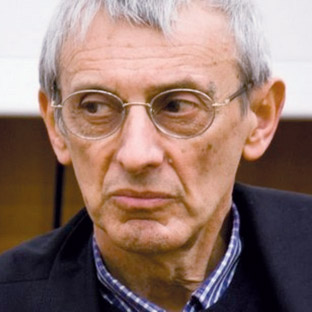
Master degree in Civil Engineering at the University of Bari, professor of Territorial Engineering in the Department of Civil and Environmental and Territorial Engineering and of Chemistry of the Politecnico di Bari, Dino Borri now teaches Territorial Engineering and Regional Planning in the Master Program in Territorial and Environmental Planning of the Politecnico di Bari. He is also head of the Master Program in Urban Regeneration of Management in the School of Economics of the Free Mediterranean University in Bari. His research has spanned through a variety of issues, from spatial planning, urban and regional in particular, to spatial intelligent modelling, with a particular focus on organization and decision processes and more recently on modelling decisional behavior under risk. In the 1990s and 2000s he led several European projects on environmental engineering supported by a series of university partnerships).
Co-founder of the Giovanni Astengo Foundation, the Dedalo book series “Urban and regional planning”, and of the Evaluation in Planning international research network. Borri was also for many years head of the Department of Architecture and Planning and dean of the PHD program in Planning in the School of Engineering at Politecnico di Bari.
Borri has also led AISRe, the Italian branch of the European Regional Science Association.
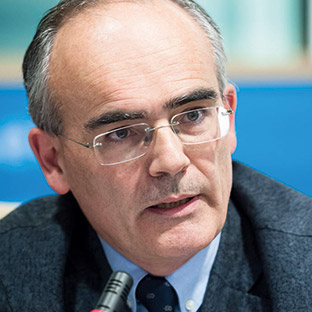
Andrea Bonaccorsi is Full Professor of Economics and Management at the School of Engineering of the University of Pisa. He has authored in the most important journals in economics of science and technology, innovation policy, and research evaluation and metrics. He is a member of RISE, the group of experts supporting the Commissioner for Research and Innovation, Carlos Moedas. He has been working for OECD, DG Research, DG Regio, and several national and regional governments. In the period 2011-2015 he has served as a member of the Board of the Italian Agency for the Evaluation of Universities and Research Institutes. He has pioneered the field of microdata on higher education institutions, first with the Aquameth project, then with the Eumida feasibility studies, and finally with ETER, the project supported by Eurostat, DG Education and DG Research aimed at producing microdata on al higher education institutions in Europe. On these issues he has published two books from Edward Elgar (2007 and 2014). He has in preparation a book from Springer on the evaluation of research in Social Sciences and Humanities
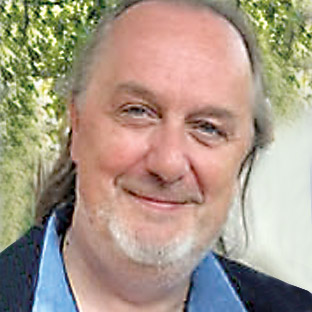
David Crombie has been involved in European research and innovation projects since FP4 with a focus on human-centered strategic design issues and crossover innovation trajectories. Based in the HKU University of the Arts Utrecht, in 2011 he authored a pan European study on the Entrepreneurial Dimension of the Cultural and Creative Industries for EACEA and this informed the policy discussions for the H2020 programme for supporting the creative industry sector. He is currently working on research approaches for the Horizon Europe global challenge on Inclusive & Creative Society, the Green Deal and the NEB. He participates on the OECD working group on Critical Thinking & Creativity, the ERRIN WG Design & Creativity, is an ambassador for the European Network of Living Labs (ENOLL) and has a keen interest in Anticipatory Innovation Governance and Collective Intelligence Design https://anticipate.network.
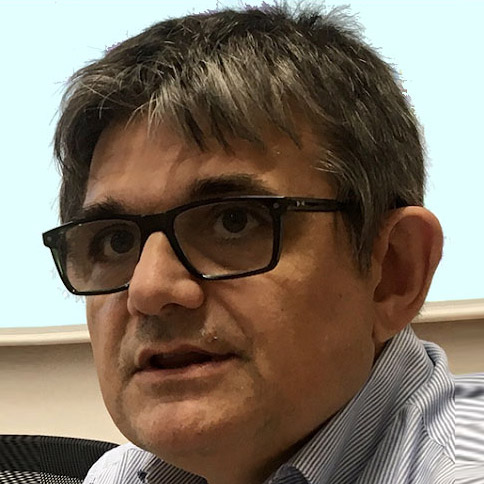
Francesco Molinari is an international researcher and policy advisor with a 20-years working experience in R&D and innovation projects and programmes at European, national and regional levels – notably on such topics as eParticipation, eGovernment and Smart Cities. Formerly he has been engaged for about 12 years in territorial marketing and the delivery of financial services to SMEs – including support to EU grants access for their green and brown field investments. For 5 years he has served in a top managerial position at a middle-sized Municipality in Italy. He holds a track record of successful collaborations with local/regional authorities and ministries on such topics as Pre-Commercial Public Procurement, Living Labs and Smart Specialisation.

Grazia Concilio, Associate Professor at DAStU – Department of Architecture and Urban Studies of Politecnico di Milano – works on innovative processes in urban contexts, integrating urban planning, technological and digital innovation as a shared learning process. Scientific coordinator for Politecnico di Milano of the Periphèria, MyNeighborhood|MyCity (FP7), Open4Citizens, DESIGNSCAPES, Polivisu and MESOC (Horizon 2020 funded) projects and Coordinator of easyRights project also funded by the EU Horizon 2020 programme.
